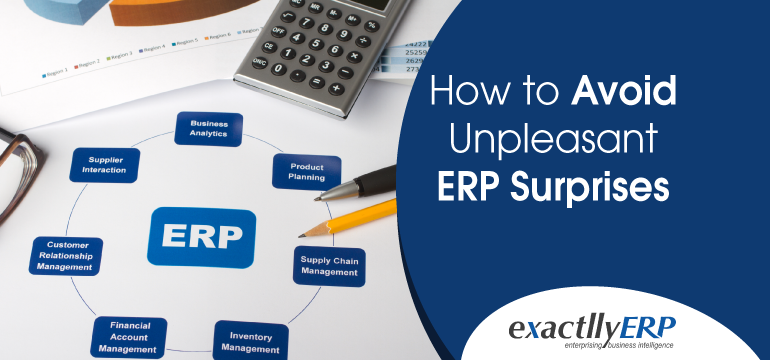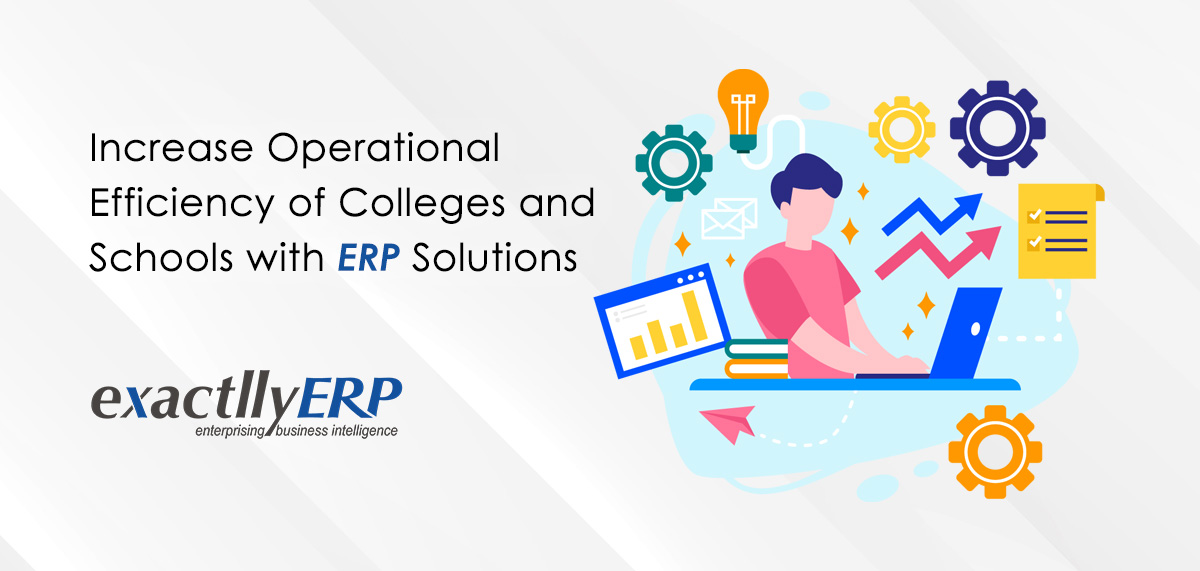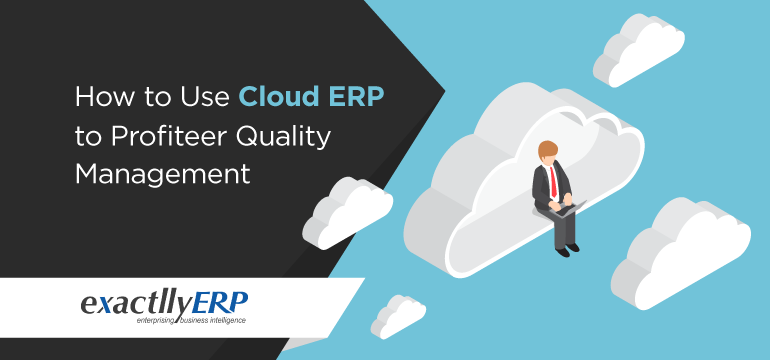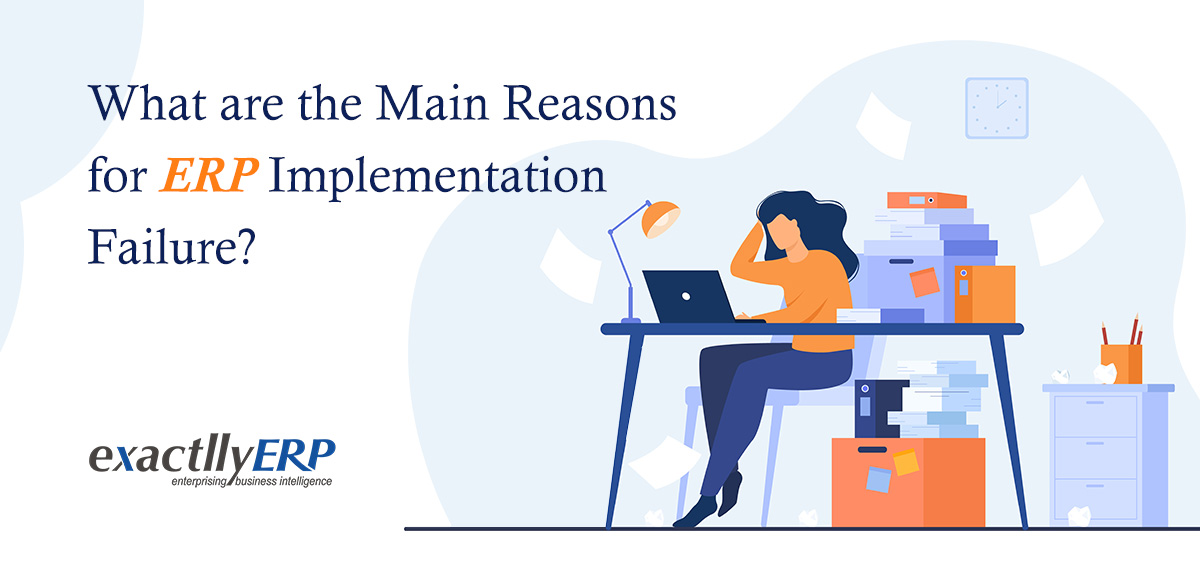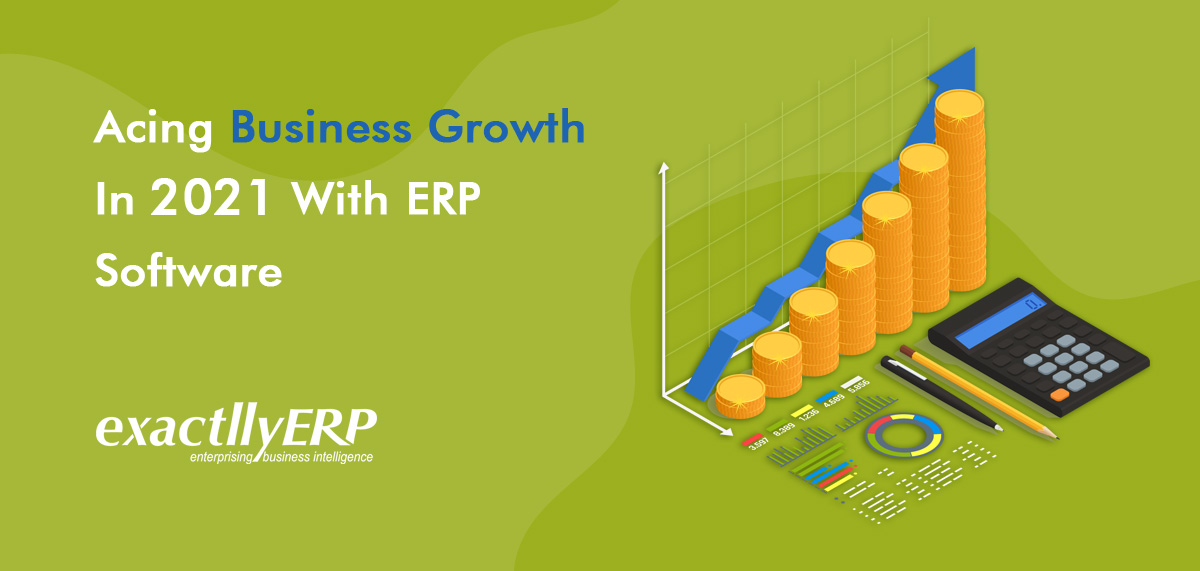Solid Order Management through ERP

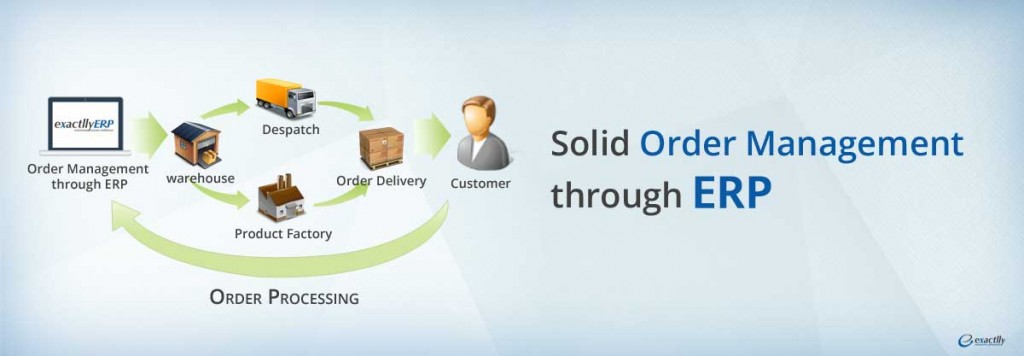 Order management is a crucial process for any business to make sure that you deliver all customer orders in time. Order management is a process starting from generating purchase order till the final delivery of the product. The entire order experience for the customer should be free from hitches. Customers should be able to track their order status and place a new order smoothly. A convenient experience ensures long term customer relationship and creates more customers for your company. Besides that, it improves your operational efficiency, minimizes inventory load, saves time and cost.
Order management is a crucial process for any business to make sure that you deliver all customer orders in time. Order management is a process starting from generating purchase order till the final delivery of the product. The entire order experience for the customer should be free from hitches. Customers should be able to track their order status and place a new order smoothly. A convenient experience ensures long term customer relationship and creates more customers for your company. Besides that, it improves your operational efficiency, minimizes inventory load, saves time and cost.
An automated order management can be done through an appropriate customer order management module in ERP. This module is critical for every business operation since orders affect almost every department. Though the features and functionalities may vary according to the industry, it is capable to deliver high-end results.
Following are its functions:
- It helps in generating timely invoice and removing manual bottlenecks during order fulfillment.
- It integrates your sales, finance, inventory and production department.
- It helps in maintaining updated inventory information, vendors and customers database, sales returns and refunds, payment status, invoice generation, delivery status and delivery schedule.
- It helps in improving sales visibility, order processing efficiency, and customer relationship.
Let us briefly discuss some of the important functions:
- Order Processing
It provides end-to-end support during order fulfillment process. The allocation of material is taken care by ERP besides facilitating product packaging and shipping. If a company is operating multiple business units with different distribution centers, then a centralized order entry is generated that keeps all your orders integrated. It makes order tracking easier irrespective of the dispatch center. Apart from that, associated all financial transactions can be effortlessly handled. Packaging and freight charges can be easily deduced and invoiced. It is also capable to prioritize customer orders in line with production assembly, delivery schedule and urgent orders. - Customer and product data
Every customer is different and ERP accommodates every kind of disparity. Multiple addresses, tailor-made terms & conditions, customer-specific pricing and discounting, credit limit etc are processed accurately by the system. When you have multiple products with multiple SKUs, it is important to have clearly defined product codes for identification and tracking. ERP makes sure that even service and non-inventory products are processed. - Reporting
It is often important to find out how your business is performing as far as order management is concerned. ERP allows you to analyze and generate multiple reports. You can find out why there is a slack in order delivery even after the production is complete. Is there any issue with product packaging? Is it the manpower inefficiency? Is the finished goods inventory chain too long with multiple processing? What are your order backlogs? How many orders are returned every month because of manufacturing defects? What is the communication level between your customers and shipping department? All such queries can be easily answered through data analytics. Accordingly, business owner can make process improvements and informed decisions.
Conclusion
Irrespective of the industry you work in, order management module in ERP is fruitful for your business. It becomes even more important when your business is growing rapidly. Business volume can be handled seamlessly with this functionality. Moreover, it makes it easier for sales executives to have handy information in real-time regarding the order status. It ensures customer satisfaction and helps them in generating further orders.

